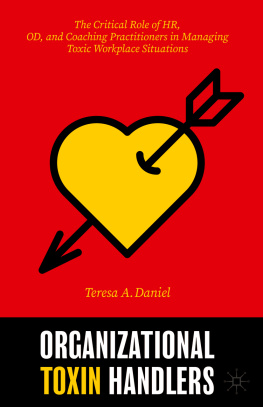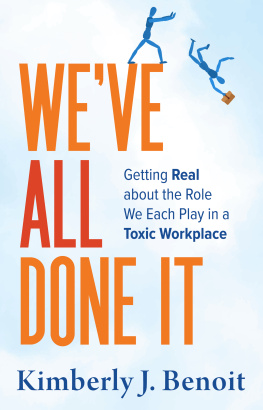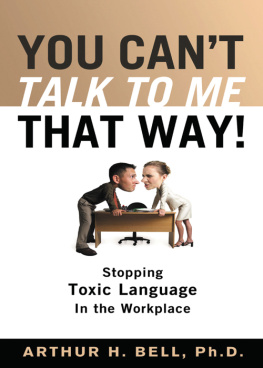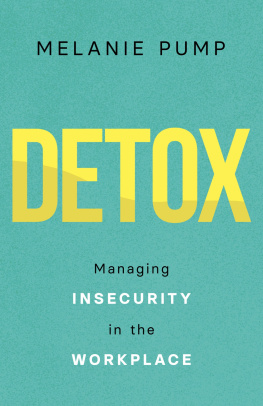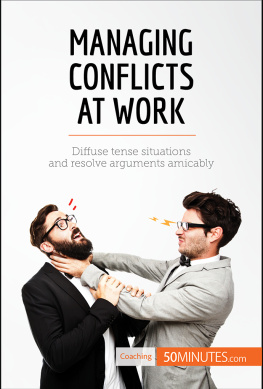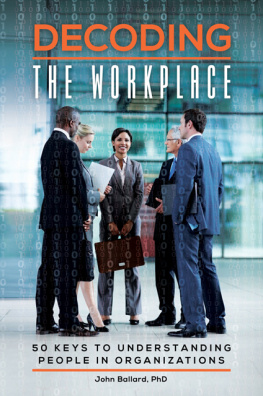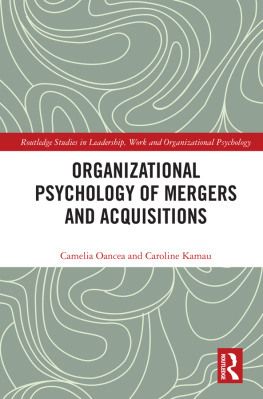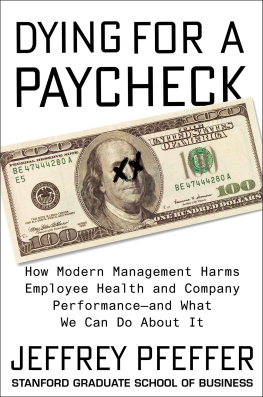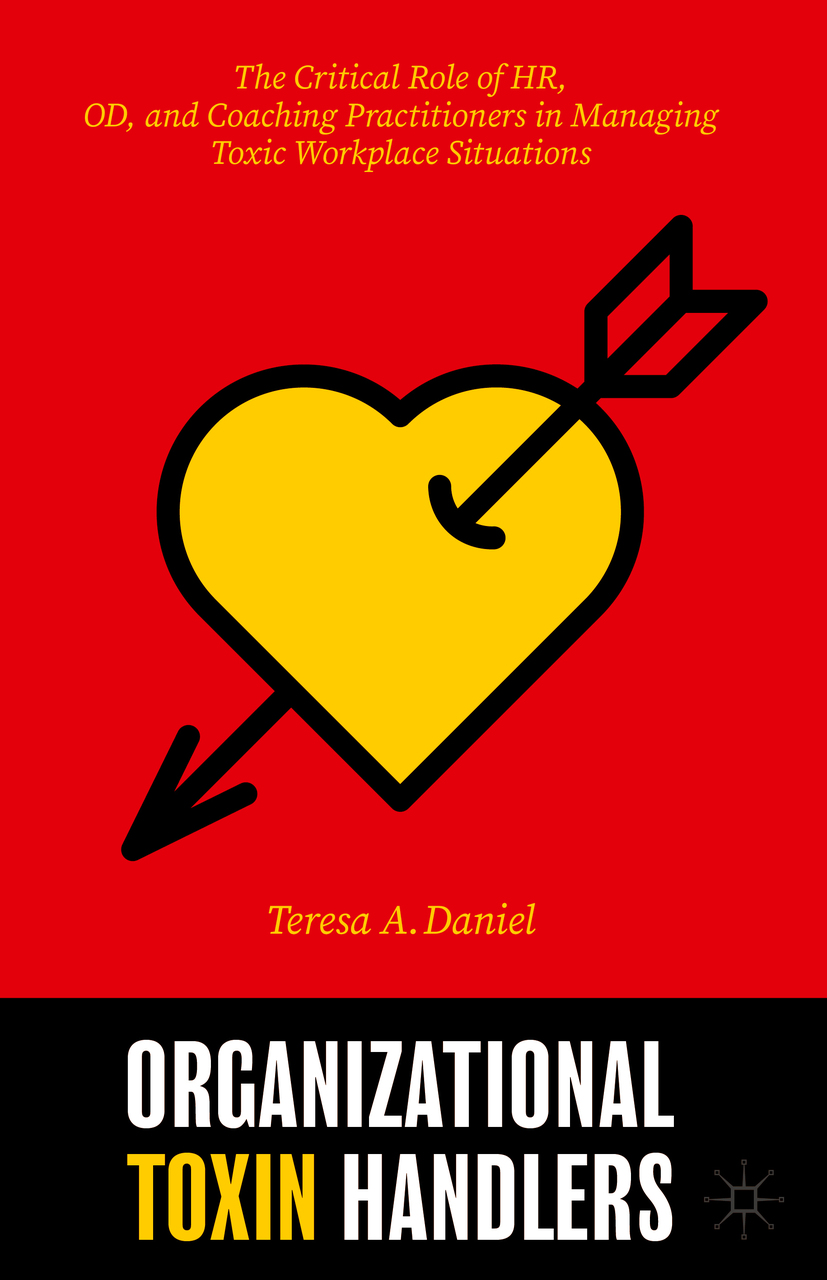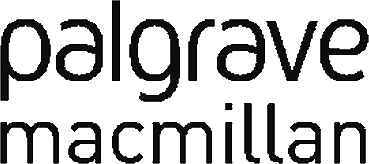Teresa A. Daniel - Organizational Toxin Handlers: The Critical Role of HR, OD, and Coaching Practitioners in Managing Toxic Workplace Situations
Here you can read online Teresa A. Daniel - Organizational Toxin Handlers: The Critical Role of HR, OD, and Coaching Practitioners in Managing Toxic Workplace Situations full text of the book (entire story) in english for free. Download pdf and epub, get meaning, cover and reviews about this ebook. year: 2020, publisher: Palgrave Macmillan, genre: Politics. Description of the work, (preface) as well as reviews are available. Best literature library LitArk.com created for fans of good reading and offers a wide selection of genres:
Romance novel
Science fiction
Adventure
Detective
Science
History
Home and family
Prose
Art
Politics
Computer
Non-fiction
Religion
Business
Children
Humor
Choose a favorite category and find really read worthwhile books. Enjoy immersion in the world of imagination, feel the emotions of the characters or learn something new for yourself, make an fascinating discovery.
- Book:Organizational Toxin Handlers: The Critical Role of HR, OD, and Coaching Practitioners in Managing Toxic Workplace Situations
- Author:
- Publisher:Palgrave Macmillan
- Genre:
- Year:2020
- Rating:3 / 5
- Favourites:Add to favourites
- Your mark:
Organizational Toxin Handlers: The Critical Role of HR, OD, and Coaching Practitioners in Managing Toxic Workplace Situations: summary, description and annotation
We offer to read an annotation, description, summary or preface (depends on what the author of the book "Organizational Toxin Handlers: The Critical Role of HR, OD, and Coaching Practitioners in Managing Toxic Workplace Situations" wrote himself). If you haven't found the necessary information about the book — write in the comments, we will try to find it.
This book examines the important role of HR practitioners acting as toxin handlers within their organizations and the dangers they face when dealing with toxic workplace emotions caused by difficult organizational decisions, such as mergers and acquisitions, staff reductions, and restructurings. Exploring what they do, why they do it, and the personal and professional rewards created by the work, it also examines the dangers that await them in terms of risks to their personal well-being.
In todays world, layoffs, harassment, discrimination, personality conflicts, or an abusive boss are just a few of the many types of workplace situations that can generate intense emotional pain for employeesfeelings like anger, frustration, stress, disappointment, and even fear. Unfortunately, these types of events are predictable and somewhat inevitable, but it is the way organizations handle themor do notthat can create a serious problem for employees. The responsibility often falls to HR to help troubled employees reduce their emotional pain so that they can re-focus and get back to work as quickly as possible, resulting in positive organizational outcomes.This book highlights the balancing act that HR must perform of caring for employees and championing their causes while at the same time driving toward organizational goals set by senior leaders. The author demonstrates how toxin handlers reduce organizational pain during tough times while also exploring the costs to their own well-being. Readers will learn to minimize the negative impact of toxic emotions from an organizational as well as individual perspective. This book will teach HR professionals strategies about how to anticipate and navigate the organizational toxicity caused by some of the inevitable and difficult people-related situations that are likely to come their way.Teresa A. Daniel: author's other books
Who wrote Organizational Toxin Handlers: The Critical Role of HR, OD, and Coaching Practitioners in Managing Toxic Workplace Situations? Find out the surname, the name of the author of the book and a list of all author's works by series.

